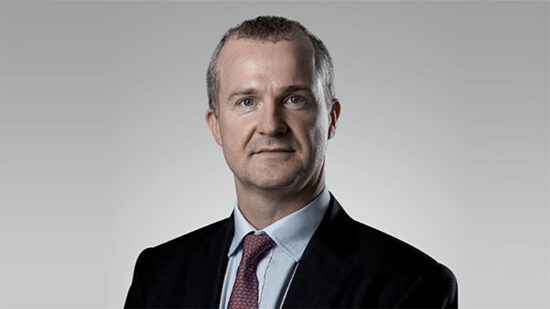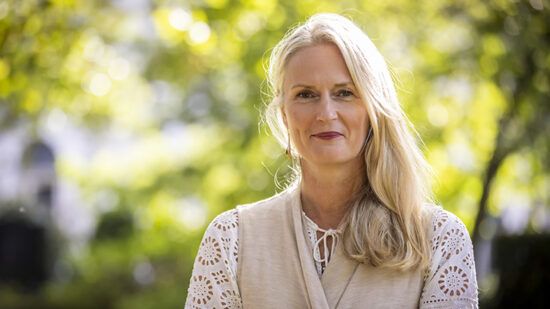Groups are using climate litigation to cause companies financial and reputation harm, not just to win the cases in court, a UK Sustainable Investment and Finance Association (UKSIF) panel heard last week.
Discussing what may or may not be considered “successful” climate litigation, Linklaters managing associate, Rebecca Burton, said it is worth bearing in mind NGOs may be aiming for more than a ruling in their favour.
“NGOs see the effectiveness for some of this litigation in that it can be brought at all,” she said.
“It goes on for years, can cost a lot of money, and inevitably [there is]… the reputational cost, the ongoing cost, the impact on someone’s market valuation, the impact on their credit worthiness. So just winning the litigation isn’t necessarily the end game.”
Burton clarified that should a climate litigation case be successful, however, that would be taken as a valuable precedent.
Behaviour change
Another panellist at the UKSIF event, Daniel D’Ambrosio, ESG and impact associate at Kirkland & Ellis, went on to explain the motivations of NGOs in these cases of strategic litigation.
“It goes back to the point of looking at climate mitigation as not something that is just about either causal contribution to damage to the climate system, or the recovery of financial loss… but also a wider strategic agenda which is intended to drive changes in corporate behaviour,” he said.
Fellow panellist Nigel Brook, partner at Clyde & Co, shared what he has seen in terms of where this type of litigation is being targeted.
“From the NGO perspective, what are the biggest levers? What are the ones that will have the most impact? Obviously oil majors because of their massive contribution to emissions. But it is also the financial institutions. It looks like this is really where they are beginning to focus now.”
He said attention is on financial institutions for their ability, in turn, to put pressure on the heavy emitters. NGOs are actively looking at duties of care there, and ways to bring cases, Brook noted.
The NGOs and the law firms they work with are “a very innovative sector”, Brook said, pointing out NGO law firm Client Earth receives a vote of confidence in the form of donations from billionaire hedge fund manager and philanthropist, Chris Hohlne.
Weighing the odds
Plan B is another non-profit supporting strategic legal action against climate change. Director, Tim Crosland, stated under what circumstances Plan B would launch legal proceedings.
“We would only bring a case if we believed the legal argument was compelling. But we recognise, given the politics and judicial conservatism, that the odds are stacked against us in terms of a favourable outcome in the courtroom,” he said.
Crosland said the more interesting impacts tend to happen elsewhere: “The litigation process helps to focus attention in the right place. A good illustration comes from our case, launched against the Department for Business, Energy and Industrial Strategy (BEIS) in December 2017, on the 2050 carbon target.
“The principal witness for BEIS was a senior civil servant called Tim Lord. A few years later, in April 2021, reflecting on the origins of the UK’s net zero target, he implied that Plan B’s legal action had been influential.”








